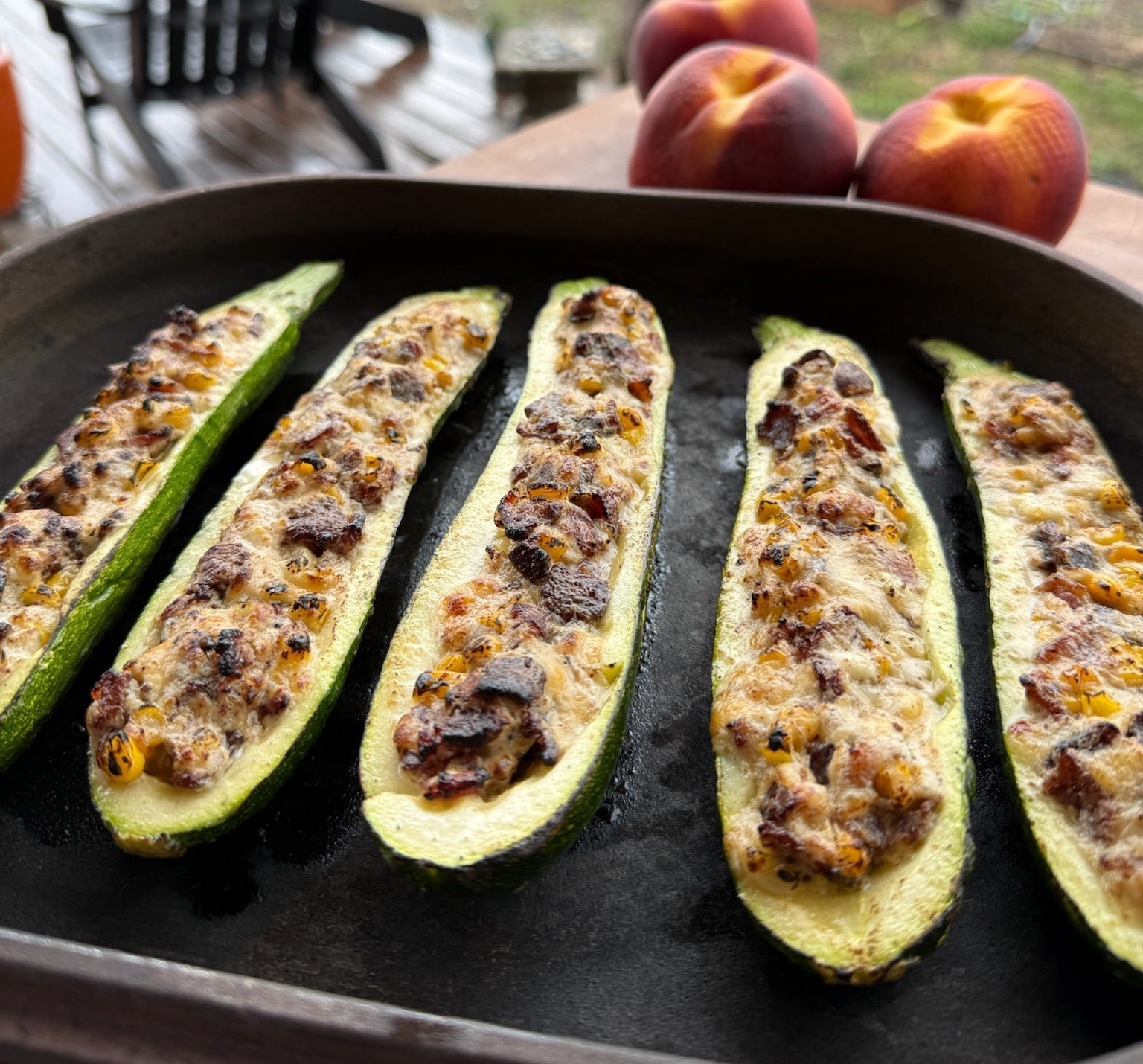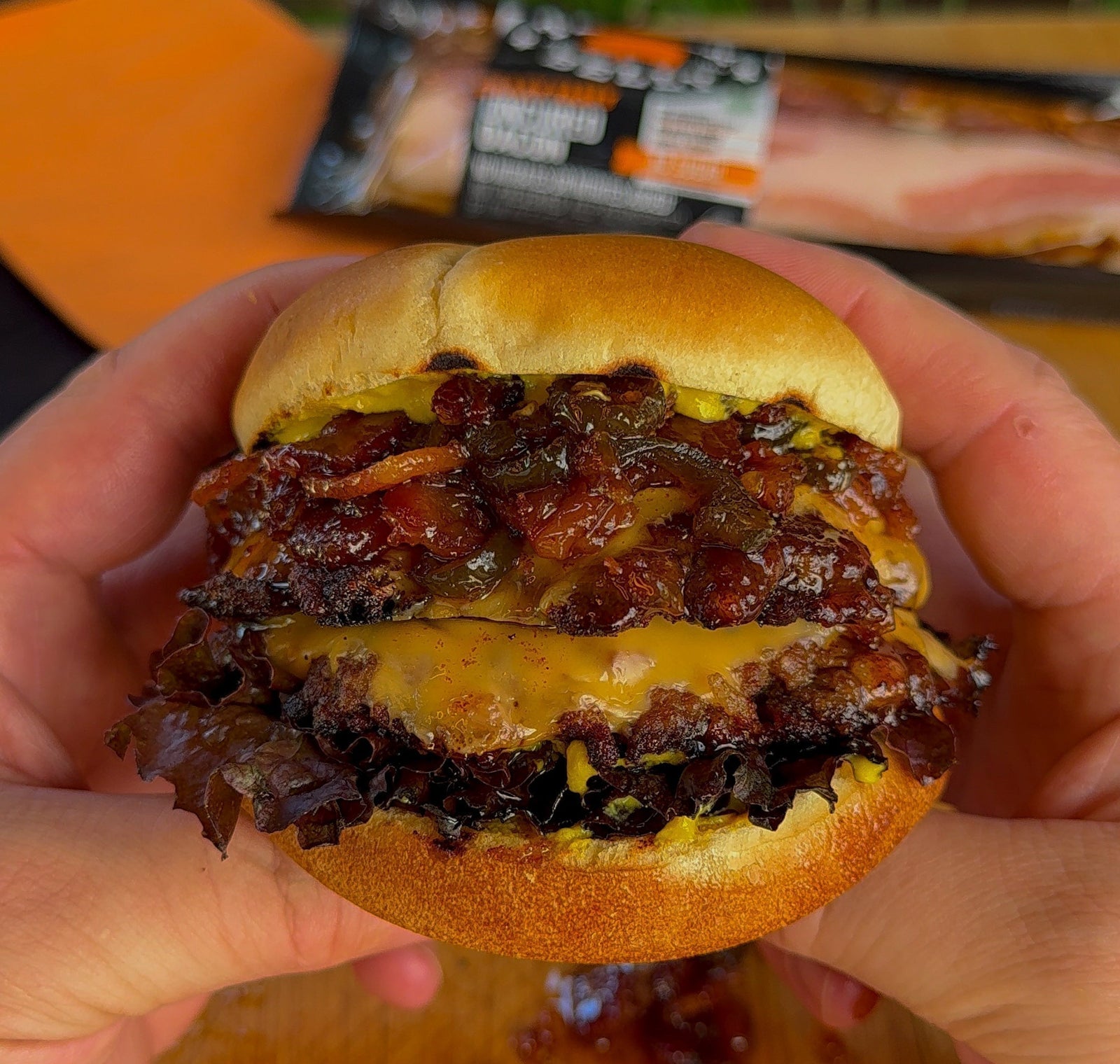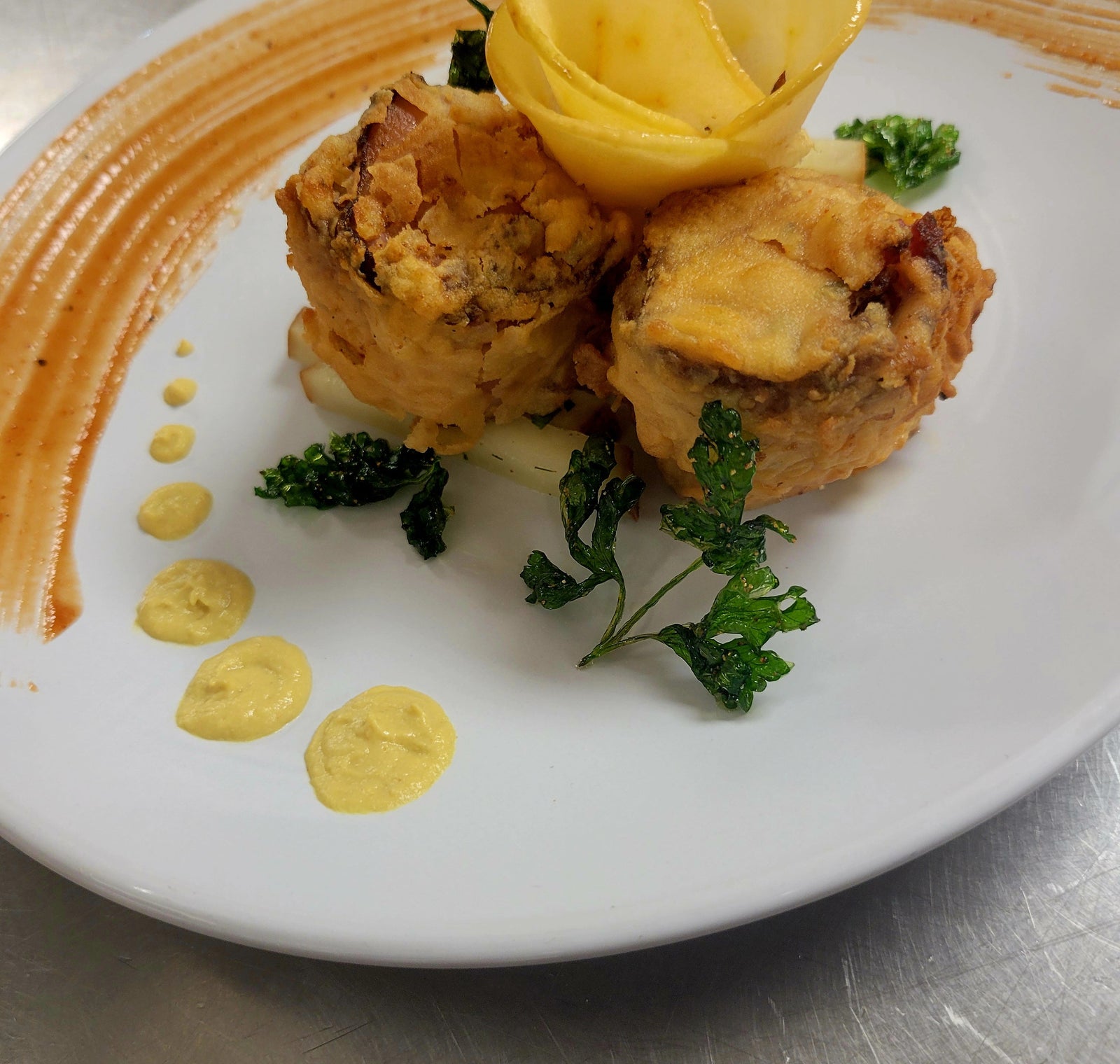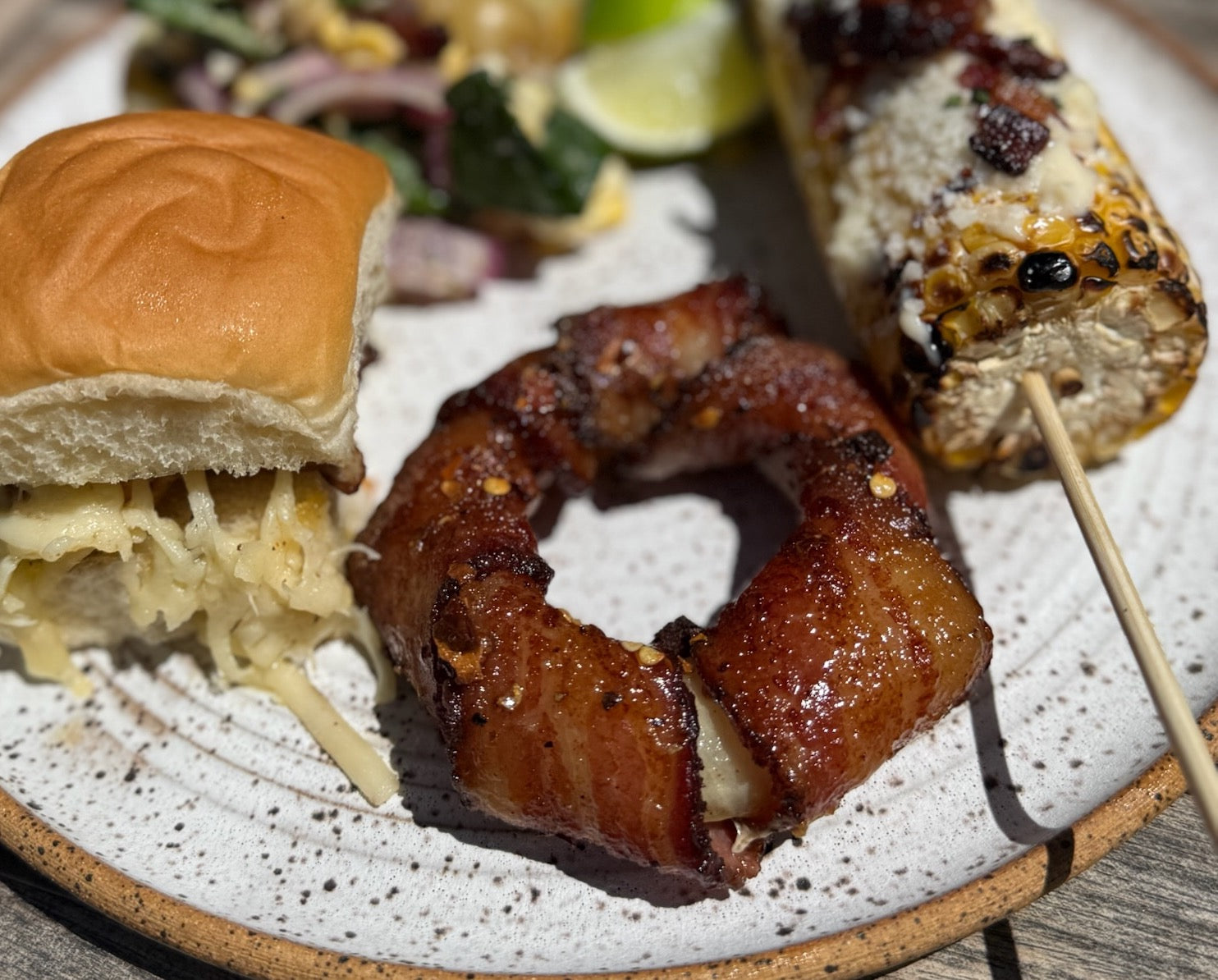Tender Belly in Denver selling bacon, pork across Front Range
Wed, Oct 31, 2012 / 4 min read

By Douglas Brown, The Denver Post
If you dine at enough Front Range restaurants, you encounter it over and over again, trumpeted on menus and proclaimed by waiters. The pork chops are Tender Belly. The bacon. The sausage. The slow-roasted shoulder.
It slides between biscuits, and it fills Asian buns. Broncos players tear through nearly 150 pounds a week of the stuff, and one downtown restaurant serves 500 pounds of it.
A little more than two years ago, nobody ate Tender Belly pork, because the Denver company did not exist.
What is up with Tender Belly pork?
Besides the hogs and the farmers, it's just two Iowa transplants, Shannon and Erik Duffy. The brothers worked from home for a while; now their office sits above the Infinite Monkey Theorem winery in the RiNo neighborhood. Dogs tear around the big space. It feels kind of like a frat house, only with bottles of syrah and verdelho scattered around instead of Coors kegs, and redolent with the perfume of fermenting wine rather than the stench of stale beer.
Tender Belly came about two minutes after Shannon, 37, lost his job selling building supplies.
"I called my brother and said, 'let's talk about that bacon recipe,'" said Shannon. That was June 1, 2010. The brothers had their first invoice six weeks later, to an upscale Japanese restaurant in Arizona, where Erik was living. He had moved to the state thinking he would raise pigs. It didn't really work out.
"Shannon and I needed something to do. Bad," said Erik.
Denver Post reporters and editors offer news, analysis and commentary on the latest food, drink and restaurant trends in Colorado.
The recipe: top secret. Something Erik messed with for years. He had turned a trash can into a smoker, and divided a refrigerator into one area for beer, and one for curing pork belly. After much experimentation, he settled on a combination of three kinds of sugar, 11 spices, salt and cherrywood smoke.
The whole process took 16 days — it still does. The curing withdraws moisture from the bellies, which lets the spices burrow deeper into the meat. Most bacon you toss in the shopping cart is pumped up with water, which is why it shrinks after it has sizzled in a hot pan for a few minutes.
"We buy 10-pound bellies and are selling less. Others add so much water they are selling more," said Erik."
So the brothers had their 16-day recipe, and they needed something to do. But they needed pigs. And they decided using industrial, commodity pork was not the way to go.
"Our grandpa raised pigs," said Erik. "No confinement, no hormones."
So they turned to Iowa farmers, to friends and friends of friends who raised pigs the proper way: in the open air, sprawling in sunshine, rooting in mud.
With the heritage pigs — the rare Berkshire breed predominates, but they use other scarce pigs, too — and the recipe, they began showing up at restaurants and giving the chefs pork bellies. And telling them they could score entire pigs. The chefs tried the samples, and started placing orders.
"It's hard in this business to get exotic pork that isn't frozen," said Elise Wiggins, the executive chef of the downtown Italian restaurant Panzano. "I was trying to source, desperately. These guys walk in the door with samples. I said, 'Oh my God. I can get whole hogs?' It was like hitting a gold mine."
She buys whole pigs, about 500 pounds every week, and turns them into main courses, sausages, stock.
"If you buy a commodity pork butt versus a Berkshire, they cook differently," said Tommy Lee, the chef/owner of the new restaurant Uncle, an Asian noodle house in Highland. "The Berkshire will turn out meltingly soft and tender, whereas the commodity is dry and tasteless."
Lee buys bellies, roasts them, and uses the shredded meat to fill steamed buns and noodle bowls.
At Devil's Food, a Washington Park bakery and breakfast-through-dinner place, chef/owner Brian Crow uses Tender Belly baby back ribs and bacon. He takes their butts and smokes them all day, for pulled-pork sandwiches. He drapes his eggs benedicts with their boneless smoked ham, and fills his sandwiches with it. Tender Belly now makes sausage links, too, and Crow uses that.
"Their products speak for themselves," said Crow.
When they started, they were making 5-pound batches for individual restaurants. Now they are distributing 6,000 pounds of pork products a week. All of the curing is done in Iowa. The products are then sent to Denver and distributed.
The stuff was available only in restaurants until this summer; now it's for sale, too, in select stores:Tony's Market locations along the Front Range, Lucky's Market in Boulder.
"We are totally maxed out," said Shannon. "Hiring new sales guys, hiring delivery guys."
It's not just employees the brothers need.
"On a weekly basis we are trying to find farmers to raise pigs for us," said Shannon.















